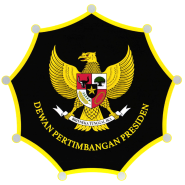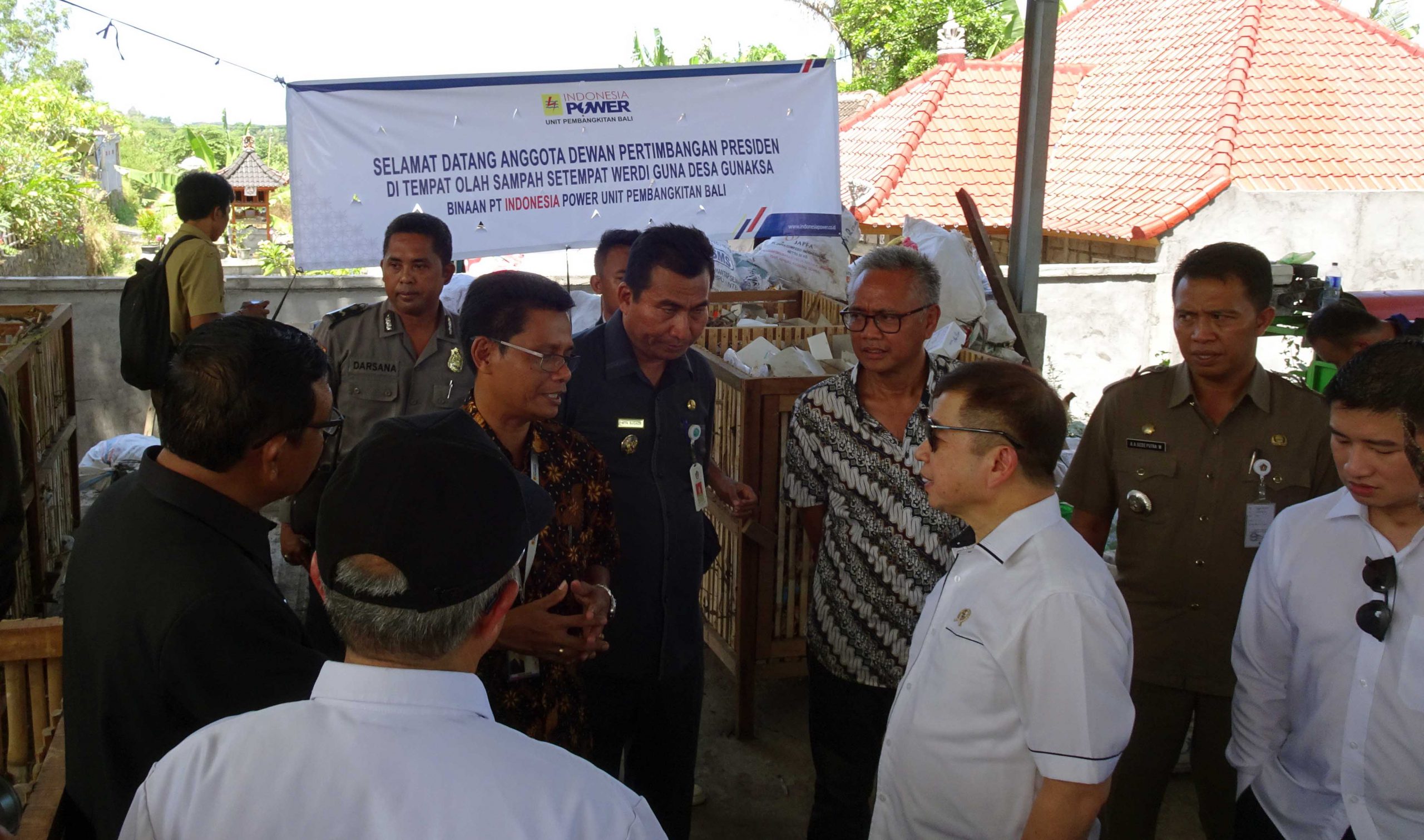Fuel has an important role in human life. The energy crisis that evident in the world, especially from non-renewable fossil fuels, is caused by the depletion of petroleum reserves. Therefore, serious efforts are needed to move forward to renewable resources and reducing the country’s dependence on non-renewable fuels.
In order to gain more detail information about the Waste Processing Management, member of Presidential Advisory Council (WANTMPRES), Mr. Suharso Monoarfa, went on a working visit to Klungkung, Bali, on April 24, 2018 to conduct a meeting with relevant stakeholders and arranged a direct observation on-site visit.
Klungkung became the first regency in Bali to implement modern waste management, in collaboration with the College of Engineering Technology PLN (STT-PLN) Jakarta, and PT. Indonesia Power. This waste processing cooperation aimed to provide renewable energy, called temporary waste disposal innovation program (Tempat Olah Sampah Sementara-TOSS). This program is real example of triple-helix project implementation, that involves 3 main stakeholders: Local Government (Klungkung Regency), Academic community (STT-PLN), and Industry (PT Indonesia Power), with local communities as main actors and successful catalyst of TOSS program. In site, waste directly processed into briquettes and pellets that can be used as fuel for cooking and electrical energy. The essence of TOSS project innovation is to create electrical products (which primary energy is biomass) from waste, with 100% discharge rate. Even briquettes could be an option to replace coal.
Mr. Monoarfa highly appreciated Klungkung Regency’s innovation to overcome waste problem. Further, this project developed communally, in a village or sub-district units which is decentralized. This method is considered very positive and feasible to be cloned by other regency. (AD)



